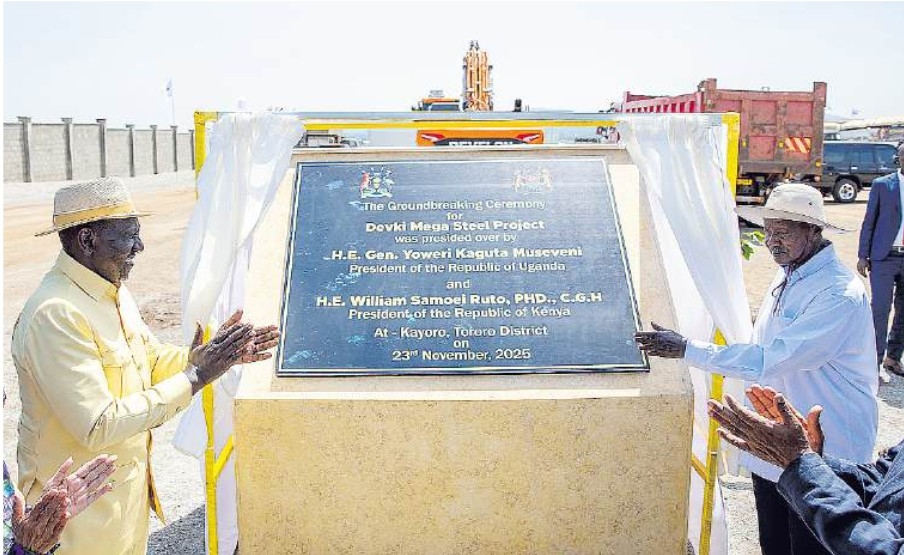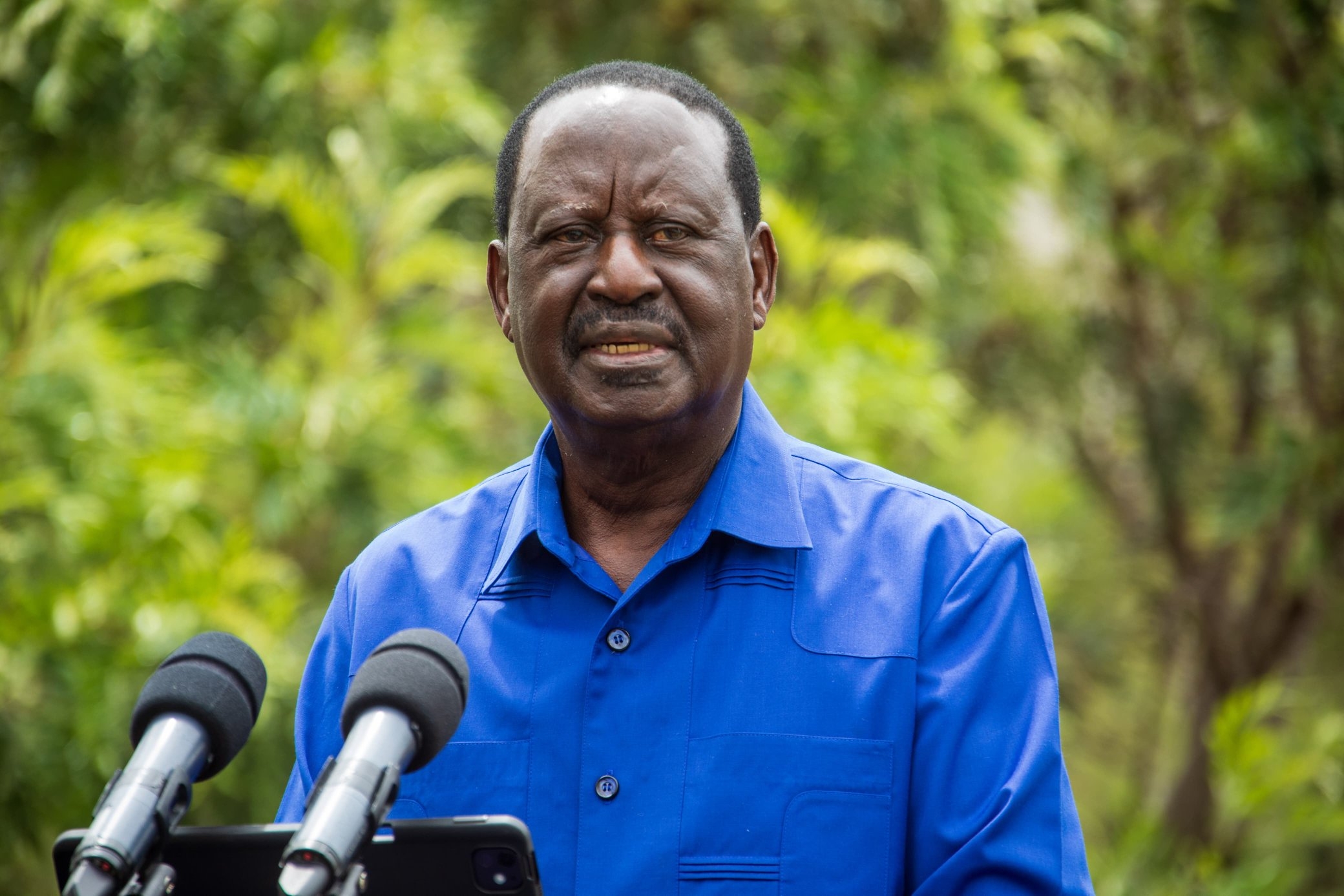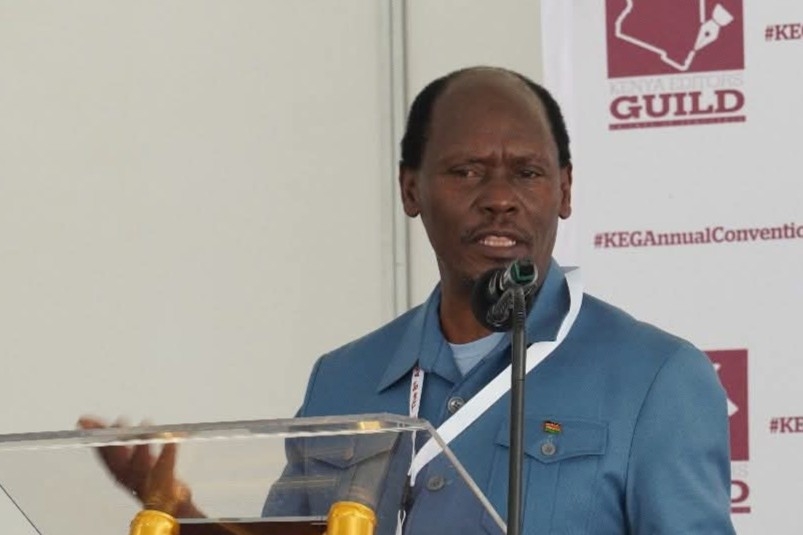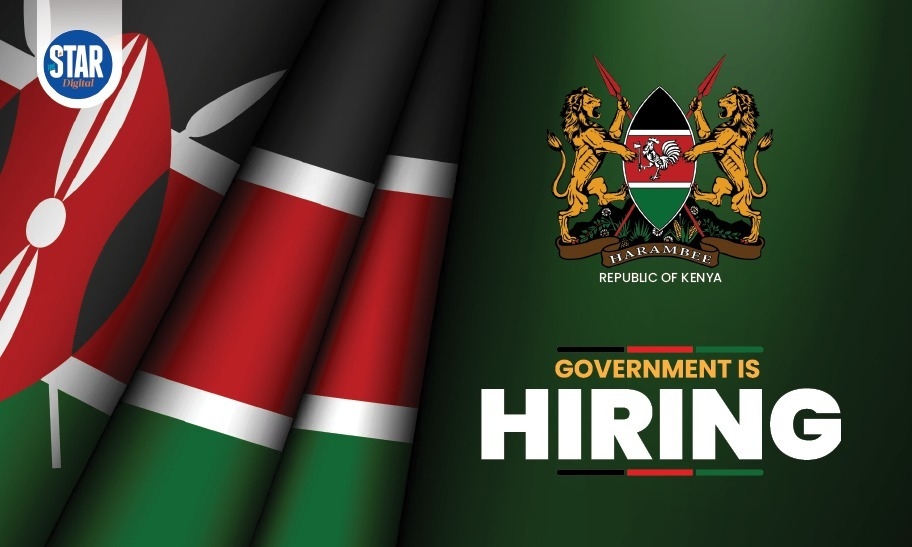Kenya is the second-best country in Africa in effectively enabling agribusiness after South Africa, according to a World Bank report.
The biannual 'Enabling Business Agriculture' report has given Kenya an average score of 64.8 per cent, second to South Africa which posted an aggregate score of 68.7 per cent.
Despite losing its number one position to South Africa, Kenya's score improved by over 200 basis points from 62 per cent it obtained in 2017.
Morocco is third at 64 per cent followed closely by Zambia at 63.7 per cent.
Kenya's neighbours Tanzania, Uganda Rwanda and Ethiopia ; performed averagely, scoring 57.6, 52, 46;and 41.4 per cent respectively.
Seed, fertiliser, machinery, finance, markets, transport, water and ICT were the factors considered in the ranking.
The higher the score of these areas, the greater the practices of laws and regulations measured by each topic in the individual countries.
Farmers in Sub-Saharan Africa face the toughest bureaucratic challenges.
The largest regulatory and efficiency gaps are observed on the registering fertilizer (73 percentage points), protecting plant health (64 percentage points) and sustaining livestock (59 percentage points) indicators when compared with OECD high-income countries.
In Sub-Saharan Africa, fertiliser application rates are low compared to other developing regions.
''This is detrimental since sustained agricultural growth as well as soil fertility depend on efficient usage of high-quality fertiliser. Facilitating access to high-quality fertiliser that provides balanced nutrition to crops is essential to overcome barriers in doing business in agriculture,'' the report reads in part.
In contrast, the lowest regulatory gaps for Sub-Saharan African countries are on the accessing finance (27 percentage points), securing water (28 percentage points) and trading food (32 percentage points) indicators.
Kenya led the continent in water, seeds, ICT’s and finance categories, ranking above the global average in all of them.
In the water index, Kenya scored 100 per cent, an improvement from 85 per cent in 2017, higher than both global and continental averages of 49 per cent and 45 per cent in that order.
However, the country failed to meet the global minimum in the market and fertiliser categories, coming in at 32.9 and 41 per cent respectively.
This perhaps explains the low percentage of food produced in the country that actually reaches the marketplace. At least 30 per cent of food produced in Kenya does not reach the marketplace.
The report pinpoints poor road and information infrastructure, trade barriers and minimal state commitment to the agricultural sector as reasons for this.
Furthermore, farmers have very little opportunity to market their produce or face additional problems if they do.
Enabling the Business of Agriculture covers 101 countries across all regions.
These countries were selected to ensure adequate representation of all regions and all levels of agricultural development so as to capture a diversity of regulatory practices.
It takes into account the share of the workforce employed in agriculture as well as agriculture’s value added in each country’s gross domestic product (GDP).
Countries with relatively small agricultural sectors (defined as less than $1 billion) are excluded, unless more than 100,000 people are employed in agriculture.
France topped the ranking with a score of 93.7.






![[PHOTOS] Ruto present as NIS boss Noordin Haji's son weds](/_next/image?url=https%3A%2F%2Fcdn.radioafrica.digital%2Fimage%2F2025%2F11%2Ff8833a6a-7b6b-4e15-b378-8624f16917f0.jpg&w=3840&q=100)










